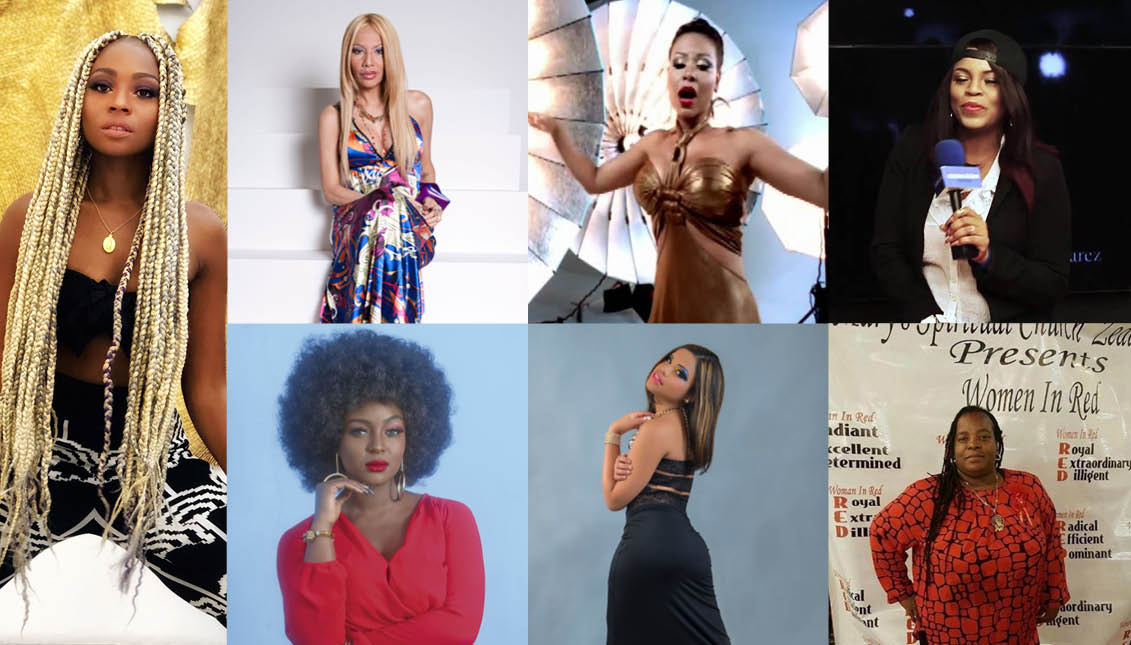
Black feminism, intersectionality, and reggaeton
Despite what his critics often say, reggaeton's narrative is changing, especially thanks to Afro-descendant women.
Among the urban genres that gain more followers in by the minute, Reggaeton leads the way.
Being frequently criticized for misogyny in its lyrics and by musical academicism, this mega-industry has opened new discourse on intersectionality and black feminism.
The birth of the genre dates back to the mid-80s in Panama. American researcher Larnies Bowen explains the origin referring to what the Panamanians called "Reggae in Spanish," which gave way to mergers of reggae and dancehall with soca, kompa and even Panamanian folk music.
At the same time, in Puerto Rico, reggae was mixed in Spanish with American hip-hop as a base and voilà! The result is a form of powerfully eclectic music based on a series of different musical traditions that was commercially exploited in 2000, going beyond Latin America.
For years, the lyrics of this genre have annoyed many because of their misogyny.
It’s something artist J Balvin argued against in an interview saying: "The only people responsible for a change are the women themselves. We cannot leave the empowerment of women to men. It is up to them to demonstrate what they are made of."
Balvin seems to have been wrong in saying that the "only responsible" ones for change are the women.
There are already several who have tried to make this musical genre their own.
Although the usage of Latin cadences and autotune is still prevalent, the message is changing. In the place of past misogynist lyrics are new, empowering messages that lead to a prerogative, and connect with feminism and intersectionality.
Speaking of female reggaeton, a user on twitter opened a thread to show Afro-descendant women as the pioneers of bringing feminism to the genre:
"I'm going to make a thread of reggaeton songs by black women. See how reggaeton has always been feminist without white's intervention” says @ValuRulu who continues to add links to a conversation now with almost twenty videos.
Voy a hacer un hilo de canciones de "reggaetón" de mujeres negras. Vean cómo el reggaetón siempre ha sido feminista sin intervención de las blancas:
— Valeria Angola (@ValuRulu) September 4, 2019
The defenders of black feminism, on the other hand, state that black women are located within power structures differently than those of white women because they find themselves in two of the most difficult social categories regarding vulnerability and economic and social power: their gender and skin color.
Hence, the relevance of recognizing the spaces won by women, especially by Afro-descendant performers.
RELATED CONTENT
Many denounce the lyrics used in reggaeton as a creation of enculturation, but what they ignore is the messages that originate within the marginalization of the Latin, African and Caribbean tradition.
As Catalina Ruiz-Navarro says in her text for VICE: "A marginal tradition, yes, but tremendously vital and influential."
Critics of the genre condemn male singers who only deliberately talk about cars, weapons, and properties; about the number of lovers they can have per night and their virile abilities. In short, their strong objectification of women, who are located alongside the other material items flaunted on the record.
Among the black feminist songs the user mentioned in the Twitter thread, Ivy Queen, Amara la Negra, Rude Girl (La Atrevida), La Factoría, Nicol Franco, Goyo de Chocquibtown, and La Hill stand out.
With lyrics ranging from social denunciation to the explicit sexuality of women, they all open space in the genre.
Brazilian reggaeton singer Anitta, known for explicitly speaking about her sexuality in her songs, told the newspaper El Tiempo she does it so the public gets used to a woman using the same language as her male counterparts.
“When a man does it, nobody cares and nothing happens. But when she is a woman, it is a scary thing,” she said. “I want that to end. If men can say it, we can too.”
As Patricia Hill Collins says: "understanding the social position black women ought to compel us to see, and look for other spaces where systems of inequality come together.”
While intersectionality is a vision that allows us to face the systems of inequality within social structures, black feminism seeks to claim the value of women of African descent in society.
And the constant evolution of reggaeton is almost inseparable from dance, rhythm, Caribbean, and therefore African music.


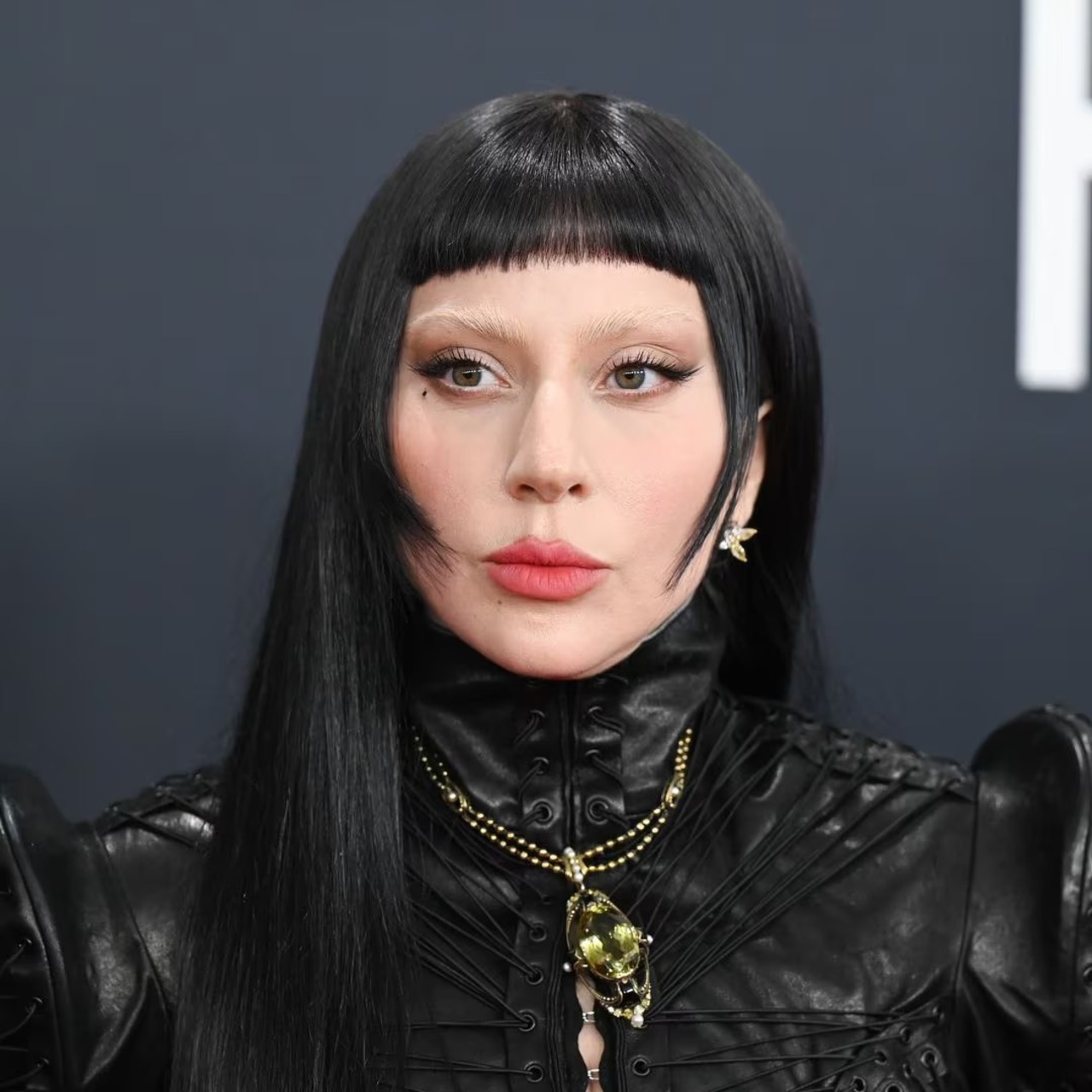
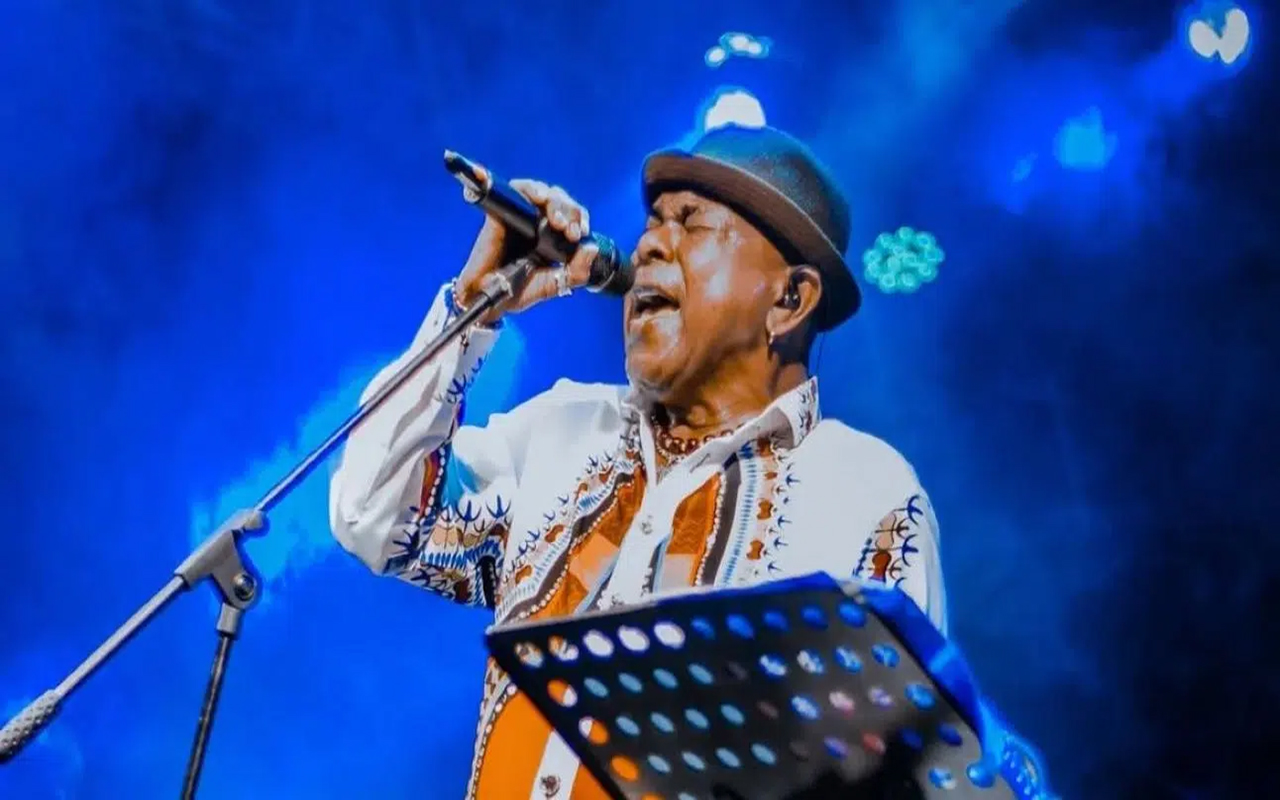
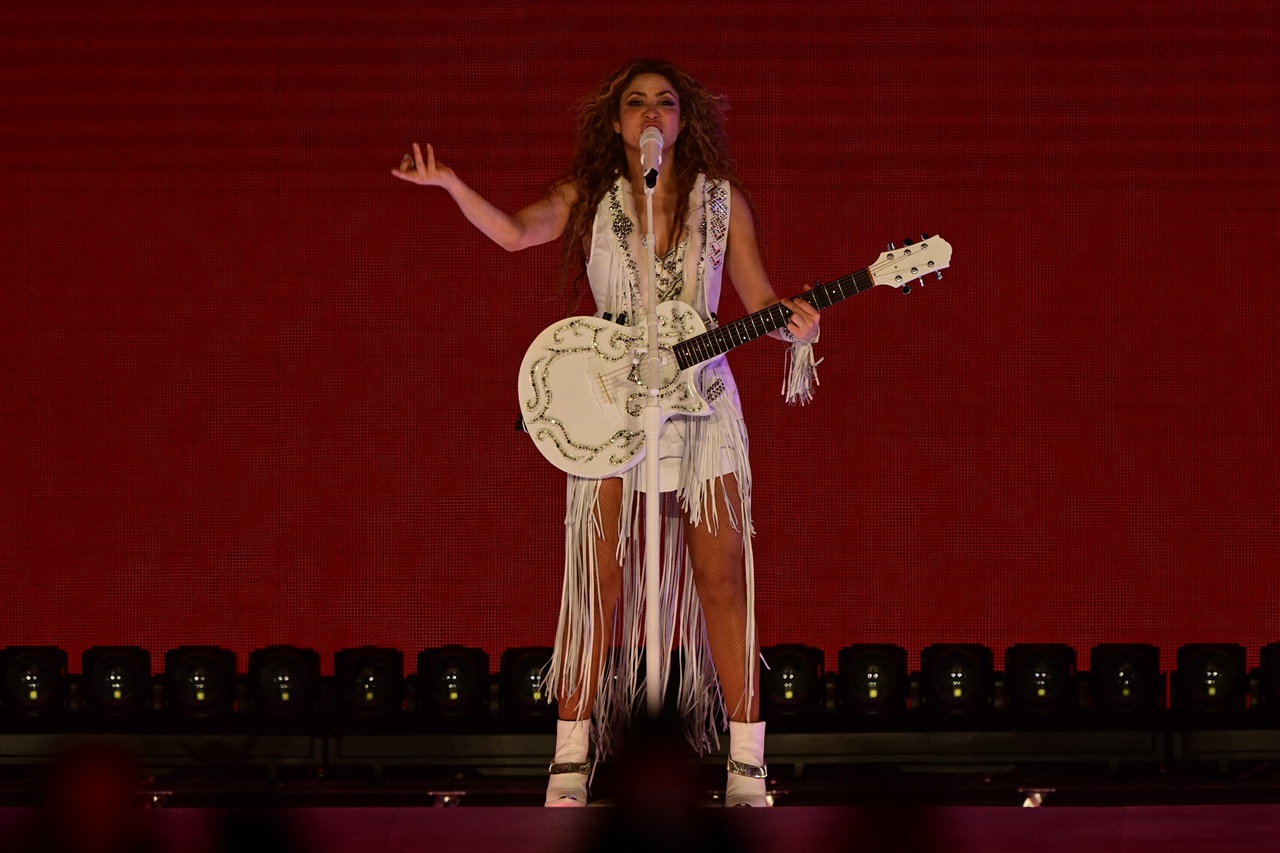
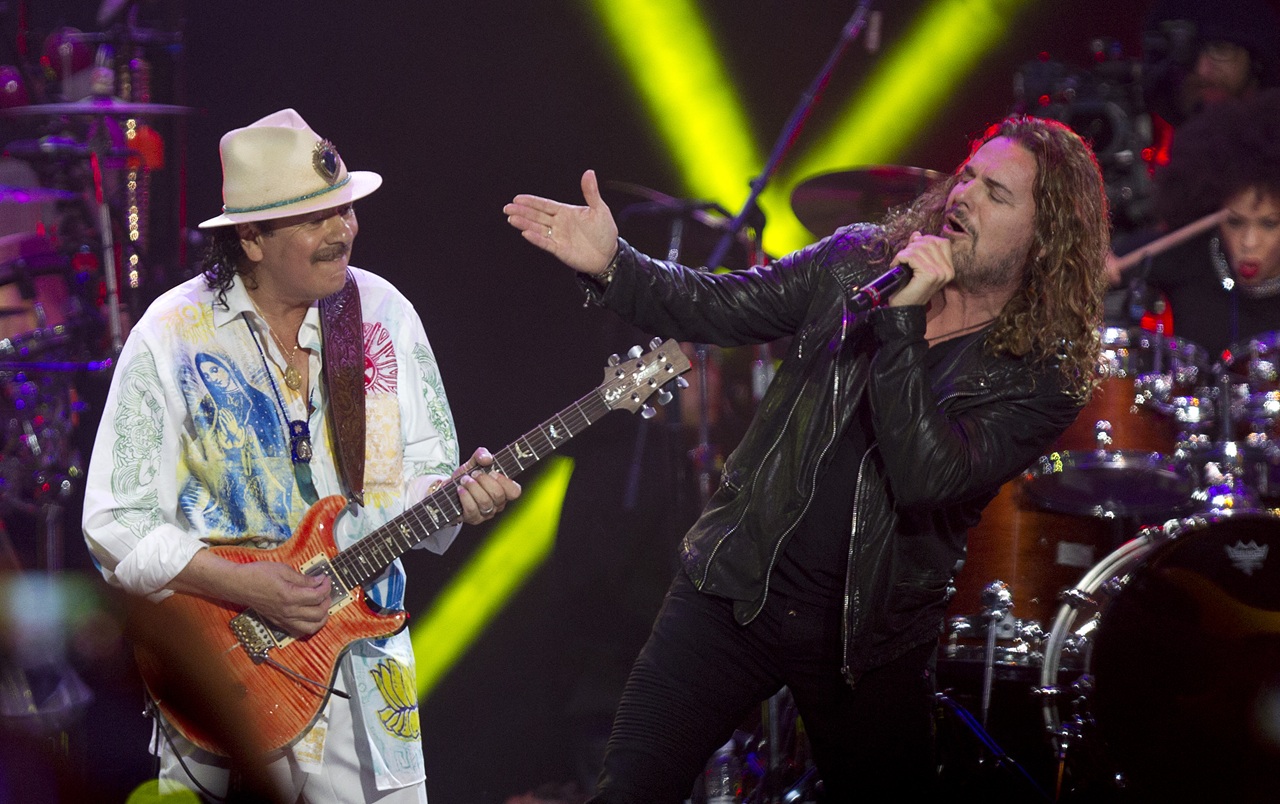

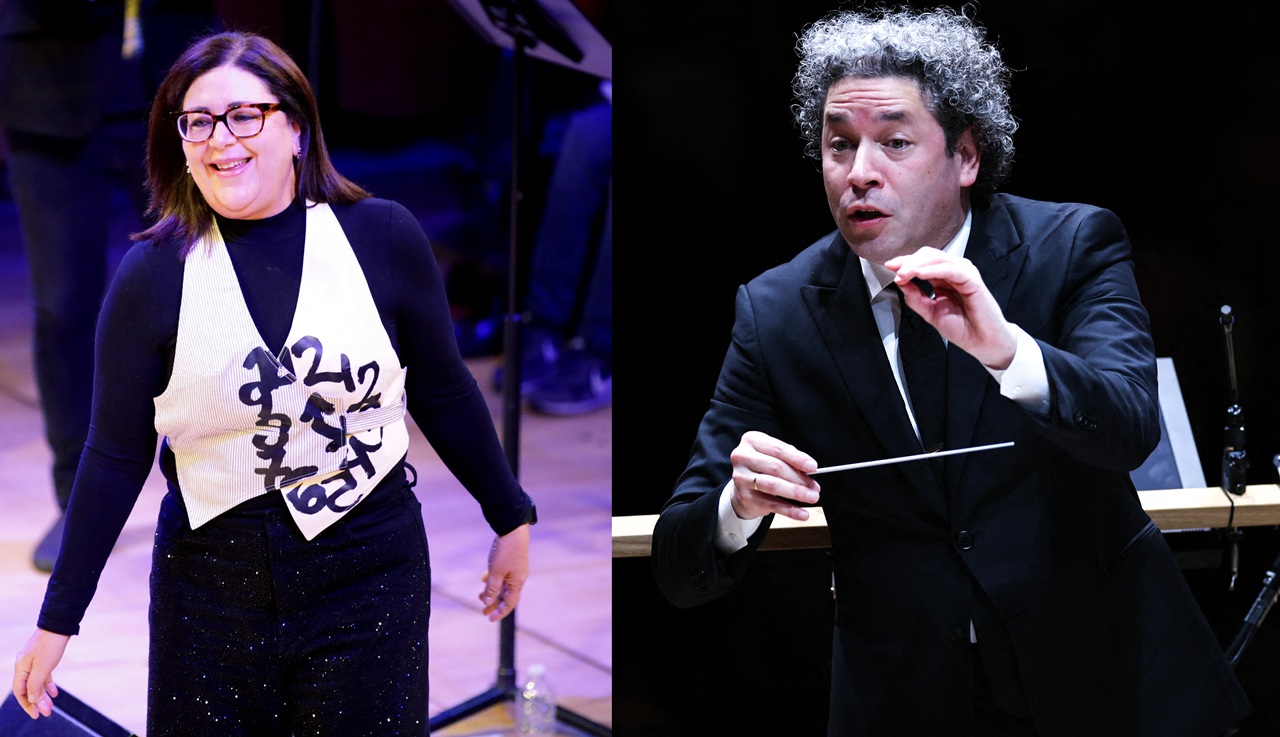


LEAVE A COMMENT: